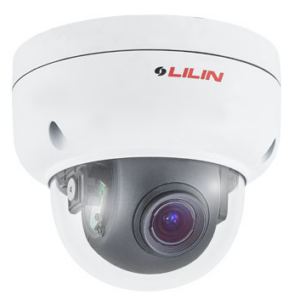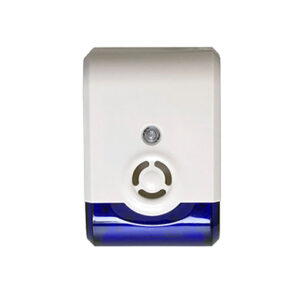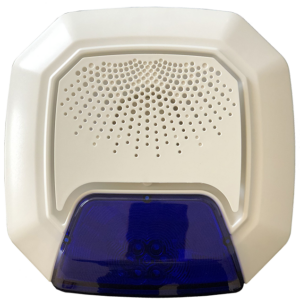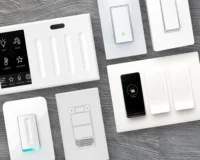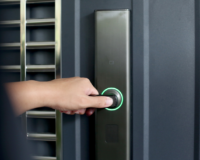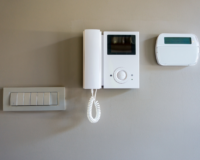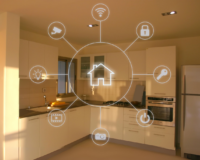Security is a fundamental concern for homeowners and business owners alike, especially in cities like Melbourne, where property crimes can occur. When it comes to safeguarding your property, two primary options often come to mind: Closed-Circuit Television (CCTV) cameras and alarm systems. Both offer distinct advantages and serve as deterrents to potential intruders, but understanding the differences between them is crucial in making an informed decision about which option best suits your needs.
CCTV Cameras: Keeping an Eye on Things
1. What are CCTV Cameras
CCTV cameras are surveillance cameras designed to capture video footage of specific areas or activities. Unlike broadcast television, which transmits signals to a wide audience, CCTV cameras transmit signals to a specific, limited set of monitors or recording devices, hence the term “closed-circuit.” These cameras can be used for various purposes, including security monitoring, traffic surveillance, and industrial process monitoring.
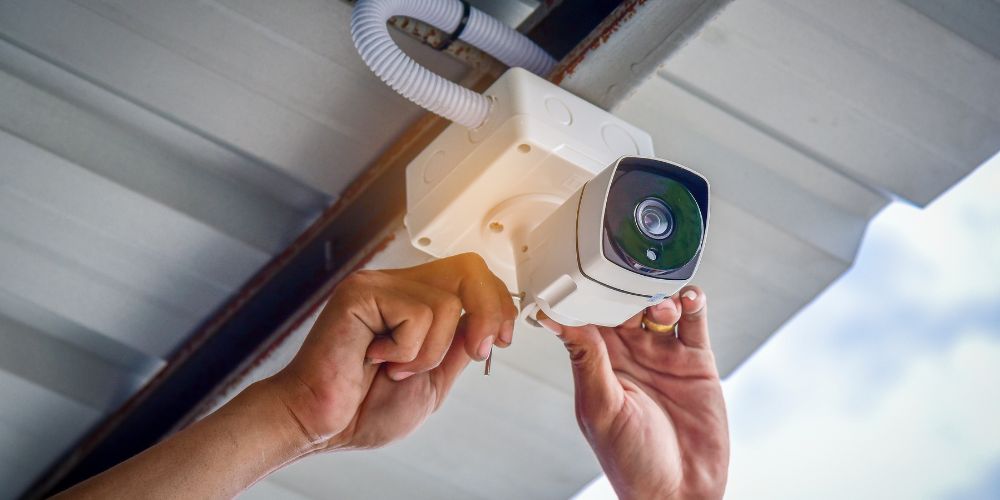
2. Components of CCTV Systems
A typical CCTV system consists of several components:
- Cameras: These are the primary components of a CCTV system, responsible for capturing video footage. CCTV cameras come in various types, including dome cameras, bullet cameras, PTZ (Pan-Tilt-Zoom) cameras, and covert cameras, each suited for different applications and environments.
- Recording Device: Also known as a Digital Video Recorder (DVR) or Network Video Recorder (NVR), this device records and stores the video footage captured by the cameras. DVRs are used for analog CCTV systems, while NVRs are used for IP-based CCTV systems.
- Monitor: A monitor displays the live or recorded video feed from the CCTV cameras. Monitors can vary in size and resolution, depending on the requirements of the surveillance operation.
- Cables and Connectors: These components connect the cameras, recording device, and monitor, enabling the transmission of video signals. Common types of cables used in CCTV systems include coaxial cables, Ethernet cables (for IP cameras), and power cables.
- Power Supply: CCTV cameras require a power source to operate. Power supplies, such as plug-in adapters or centralized power distribution units, provide the necessary power to the cameras.
- Control Devices: Some CCTV systems feature control devices, such as joysticks or keyboards, that allow operators to pan, tilt, zoom, and control the cameras remotely (in the case of PTZ cameras).
3. Types of CCTV Cameras
CCTV cameras come in a variety of types, each with its own features and applications:
- Dome Cameras: Dome cameras are named for their dome-shaped housing, which makes them inconspicuous and suitable for indoor and outdoor surveillance. They offer a wide viewing angle and are often vandal-resistant.
- Bullet Cameras: Bullet cameras have a cylindrical shape resembling a bullet, making them suitable for long-range outdoor surveillance. They are often weatherproof and come with infrared (IR) LEDs for night vision.
- PTZ Cameras: PTZ cameras allow operators to remotely control the pan, tilt, and zoom functions, providing flexibility in monitoring large areas. They are commonly used in applications requiring active surveillance, such as casinos and parking lots.
- Covert Cameras: Covert cameras, also known as hidden or spy cameras, are designed to be discreet and concealed from view. They are commonly used for undercover surveillance or to monitor sensitive areas without drawing attention.
- IP Cameras: IP cameras, or network cameras, transmit video footage over an IP network (such as the internet), allowing for remote viewing and recording. They offer higher resolution and advanced features compared to analog cameras.
4. Benefits of CCTV Cameras
- Deterrence: One of the most significant advantages of CCTV cameras is their deterrent effect. The presence of visible cameras acts as a deterrent to potential intruders or wrongdoers, reducing the likelihood of criminal activity.
- Evidence Collection: In the unfortunate event of a security breach or criminal incident, CCTV footage serves as invaluable evidence for investigation and prosecution purposes. The high-quality video recordings captured by these cameras can provide crucial insights into the sequence of events and aid law enforcement agencies in identifying perpetrators.
- Remote Monitoring: Modern CCTV systems often feature remote monitoring capabilities, allowing property owners to access live footage from their cameras via smartphones, tablets, or computers. This feature enables proactive surveillance and timely response to suspicious activities, even when away from the property.
- 24/7 Surveillance: Unlike human security personnel, CCTV cameras operate round-the-clock without the need for breaks or shifts, ensuring continuous surveillance and protection for the property.
5. Limitations of CCTV Cameras
- Passive Security: While CCTV cameras are effective at recording incidents, they are essentially passive security devices. They do not actively prevent unauthorized access or intrusions; their role is limited to surveillance and evidence gathering.
- Privacy Concerns: The widespread use of CCTV cameras has raised privacy concerns, as they may capture footage of individuals without their consent. Property owners must adhere to privacy regulations and ensure that cameras are strategically positioned to minimize intrusion into private spaces.
Let’s explore some CCTV Cameras products now!
Alarm Systems: Sound the Alarm
1. What are Alarm Systems?
Alarm systems are security systems designed to detect and alert individuals or authorities to potential security breaches, emergencies, or hazards within a property. These systems employ various sensors, detectors, and devices to monitor specific conditions or events and trigger an alarm in response to unauthorized entry, fire, smoke, carbon monoxide, or other threats.
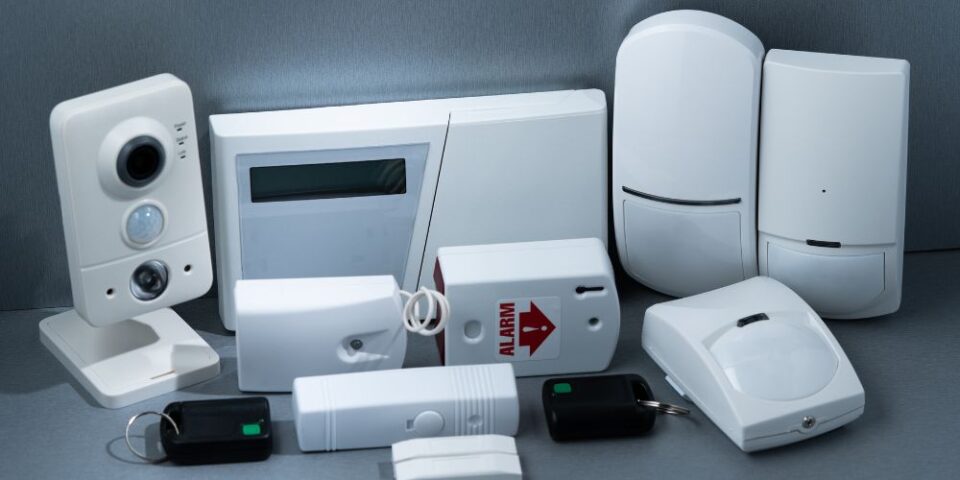
2. Key Components of an Alarm System
- Control Panel: The central hub of the alarm system, which manages the sensors, communicates with monitoring stations, and activates alarms when triggered.
- Sensors and Detectors: These devices detect specific events or conditions and trigger the alarm. Common types of sensors include:
- Door and Window Sensors: Detects when doors or windows are opened or closed.
- Motion Sensors: Detects movement within a designated area.
- Glass Break Sensors: Detects the sound frequency associated with breaking glass.
- Smoke Detectors: Detects smoke particles indicating a potential fire.
- Carbon Monoxide Detectors: Detects the presence of carbon monoxide gas, which can be fatal if inhaled.
- Heat Detectors: Detects rapid increases in temperature, indicating a fire.
- Water Leak Detectors: Detects the presence of water, indicating potential flooding or water damage.
- Sirens or Alarms: Audible devices that produce loud sounds to alert occupants and deter intruders when the alarm is triggered.
- Keypads or Control Panels: Interfaces for arming and disarming the alarm system, entering security codes, and accessing system settings.
- Monitoring Services: Optional services provided by professional monitoring stations, which receive alerts from the alarm system and dispatch emergency responders (police, fire department, etc.) as necessary.
Alarm systems can be wired or wireless, with wireless systems offering easier installation and flexibility in sensor placement. They can also integrate with smart home technology, allowing remote monitoring, control, and automation via smartphone apps or voice commands.
Overall, alarm systems serve as proactive security measures, providing peace of mind and protection against various threats to residential and commercial properties.
Read more: Top 5 Popular Z Wave Door Sensors in 2024
3. Benefits of Alarm Systems
- Immediate Notification: One of the most significant advantages of alarm systems is their ability to provide immediate notification of potential security breaches. When a sensor detects unauthorized entry or suspicious activity, the alarm system sounds an audible alarm and/or sends alerts to designated individuals or monitoring centers.
- Active Deterrent: Alarm systems act as active deterrents by alerting occupants and nearby individuals to the presence of a potential threat. The loud siren of an alarm system can scare off intruders and attract attention, reducing the likelihood of a successful break-in.
- Professional Monitoring: Many alarm systems offer professional monitoring services, where trained professionals monitor your property 24/7 and respond to alarms as needed. In the event of an alarm activation, monitoring center personnel can dispatch emergency services, such as the police or fire department, to your location.
- Customizable Security Zones: Alarm systems allow for the creation of customizable security zones within your property, allowing you to arm specific areas while leaving others disarmed. This flexibility is particularly useful for homes with multiple entry points or businesses with different security requirements for various areas.
- Integration with Home Automation: Modern alarm systems often integrate with home automation platforms, allowing you to control and monitor your security system remotely via smartphone apps or voice commands. This integration enhances convenience and enables seamless integration with other smart home devices.
4. Limitations of Alarm Systems
- False Alarms: One of the challenges associated with alarm systems is the occurrence of false alarms, triggered by accidental activations or environmental factors such as pets, insects, or weather conditions. False alarms can result in inconvenience for occupants and may lead to desensitization to genuine threats.
- Limited Deterrence: While audible alarms can deter some intruders, they may not be sufficient to deter determined criminals or professional thieves who are equipped to bypass or disable the alarm system.
While alarm systems offer robust security features, they may also have limitations. False alarms are a common concern with alarm systems, which can lead to complacency or nuisance for homeowners and law enforcement. Additionally, alarm systems rely on power sources and communication channels, making them vulnerable to tampering or technical issues.
Let’s explore some Alarm Systems products now!
Cost Considerations: CCTV Cameras vs. Alarm Systems
In the decision-making process regarding security solutions for your Adelaide property, cost emerges as a pivotal factor. Understanding the financial implications associated with both CCTV cameras and alarm systems is crucial in making an informed choice. Here’s a detailed breakdown of the typical expenses linked with each option:
CCTV Cameras
Initial Investment: CCTV systems generally entail a higher initial investment compared to alarm systems. This encompasses the cost of the cameras themselves, mounting hardware, cables, and potentially a video recorder or network video recorder (NVR) for footage storage. Installation costs can also contribute to the upfront expenditure, particularly for intricate systems featuring multiple cameras.
Ongoing Costs: Despite the higher initial outlay, CCTV systems typically incur lower ongoing costs. Maintenance for the cameras is often minimal, and depending on the system, you might opt to store footage locally on an NVR, thus eliminating monthly monitoring fees. However, certain cloud-based storage alternatives may involve monthly charges.
Alarm Systems
Initial Investment: Alarm systems generally entail a lower upfront cost in comparison to CCTV cameras. Basic systems may encompass a control panel, sensors, and a siren, with potentially reduced installation fees depending on the system’s complexity.
Ongoing Costs: Alarm systems may carry higher ongoing expenses relative to CCTV. Many systems necessitate a monthly monitoring fee to connect to a central monitoring station, which dispatches emergency personnel upon alarm activation. Additionally, some systems may entail monthly fees for cloud storage of event logs or video clips captured by connected security cameras.
Additional Factors to Consider
- Number of Cameras/Sensors: The overall cost for both systems escalates with the addition of more cameras or sensors, ensuring comprehensive property coverage.
- Desired Features: Advanced functionalities such as night vision, motion detection, and weatherproof cameras for CCTV systems, along with cellular backup and smart home integration for alarm systems, contribute to increased expenditure.
- DIY vs. Professional Installation: While DIY options exist for both systems, professional installation guarantees proper functionality and placement, potentially averting expenses associated with troubleshooting later on.
In assessing the cost of each system, there’s no one-size-fits-all answer. The optimal solution for your Melbourne property hinges on several factors, including your budget, security requirements, and preferred level of monitoring. Consider the following:
- Security Priorities: Determine whether your emphasis lies on continuous visual surveillance or immediate alerts and response.
- Technical Expertise: Evaluate whether you’re inclined towards DIY installation or prefer the assurance of a professional setup.
- Long-Term Costs: Factor in not only upfront expenditures but also ongoing maintenance and monitoring fees to gauge the holistic cost implications over time.
By carefully weighing these considerations, you can make a well-informed decision that aligns with your budgetary constraints and security objectives, ensuring comprehensive protection for your Melbourne property.

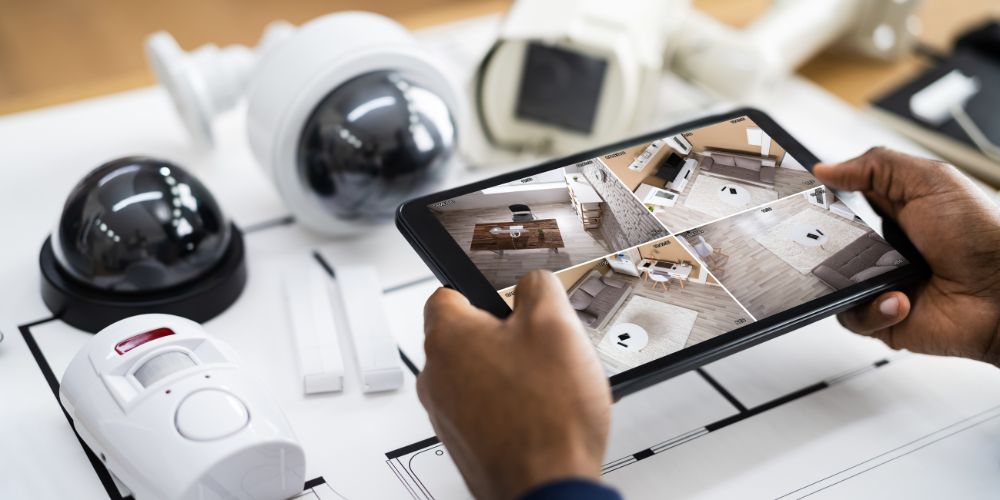
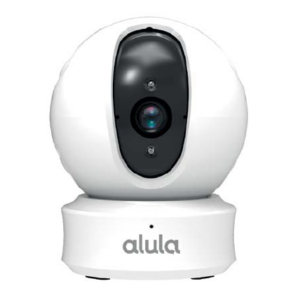
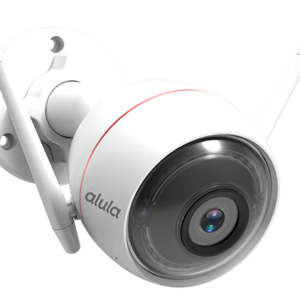
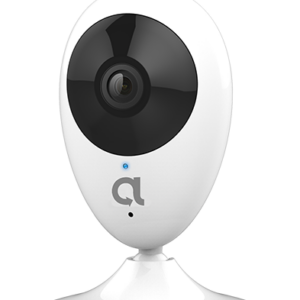

-300x300.jpg)
